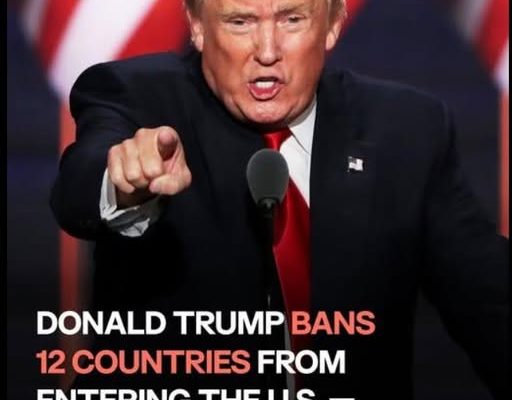The order enforces a total travel ban on citizens from 12 nations. These include countries such as Afghanistan, Iran, Libya, and Somalia—previously targeted in earlier travel bans—as well as others like Chad, Congo, and Haiti. Nationals from these nations are now barred from entering the United States under the provisions of this new proclamation.
In addition to the complete bans, the directive establishes partial travel restrictions on seven additional countries. These include Cuba, Venezuela, Turkmenistan, and Laos, among others. Although not a total ban, these restrictions limit certain visa categories or impose stricter vetting processes for travelers from these countries.
The Trump administration has characterized the policy as a crucial measure to safeguard the U.S. from external threats and to compel governments to enhance cooperation on immigration and security protocols. However, critics contend that it mirrors previous controversial bans and disproportionately impacts vulnerable groups, including refugees and asylum seekers.
The announcement has already elicited significant international backlash, and legal challenges are anticipated. Immigration advocates caution about the humanitarian repercussions of the ban and its effects on families and students wishing to travel or reunite in the U.S.
This action signifies a renewed effort for stringent immigration controls as the 2026 political season approaches.



